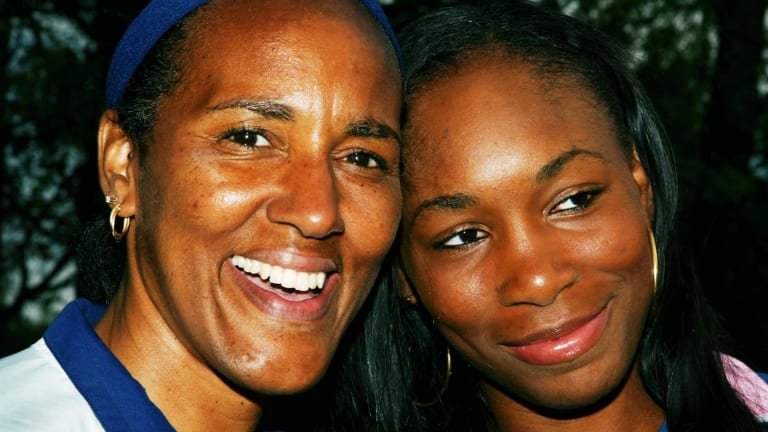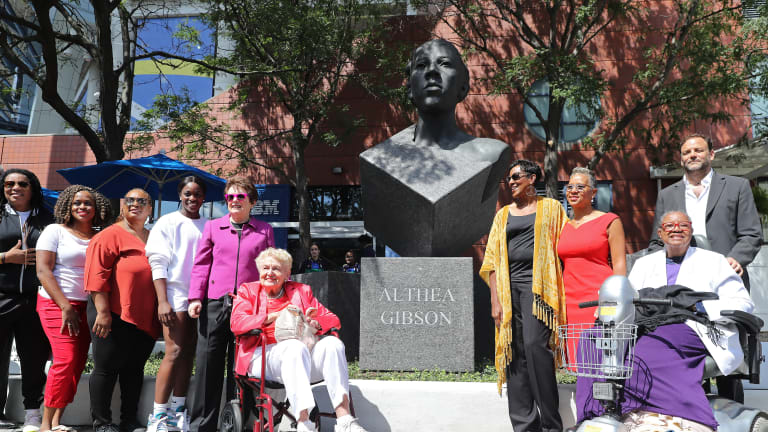Black History Month
Detroit, 1981: Leslie Allen's breakthrough victory "was just what the WTA needed"
By Feb 10, 2022Black History Month
‘The Cookout,’ honoring Black history in tennis, starts in Southern California, with an eye on impactful growth
By Feb 27, 2025Black History Month
Revisiting Arthur Ashe's famous 1975 Wimbledon win, 50 years later
By Feb 19, 2025Black History Month
We can’t tell athletes to “stick to sports” when gun violence crashes their own party
By Feb 16, 2024Black History Month
Coco's milestone teenage moments: Gauff, 19, wins her first Grand Slam title at the US Open
By Feb 16, 2024Black History Month
"End gun violence," Coco Gauff implored two years ago in Paris—a message that resonates in sports again today
By Feb 15, 2024Black History Month
Coco Gauff's milestone teenage moments: a powerful speech protesting police brutality
By Feb 14, 2024Black History Month
Coco Gauff's milestone teenage moments: the 15-year-old beats Venus during stunning Wimbledon run
By Feb 13, 2024Black History Month
Coco Gauff's milestone teenage moments: the 8th grader saves 9 match points in US Open junior final
By Feb 12, 2024Black History Month
Ben Shelton, Arthur Fils added to HOF's 'Breaking Boundaries' digital exhibit
By Feb 10, 2024Black History Month
Detroit, 1981: Leslie Allen's breakthrough victory "was just what the WTA needed"
She became the first Black woman to win a tour-level singles tournament since Althea Gibson had ruled the world in 1958.
Published Feb 10, 2022
Advertising
Advertising

Allen with Venus Williams, in 2004.
© Getty Images
Advertising

Allen was one of many who helped commemorate Althea Gibson in 2019 with a statue at the US Open.
© Getty Images